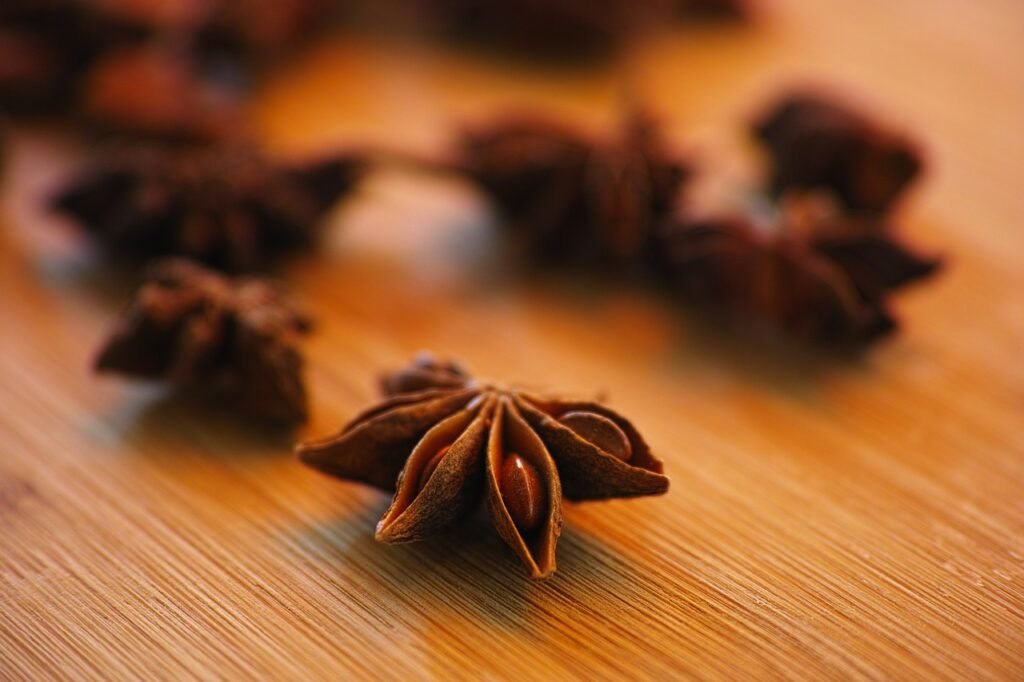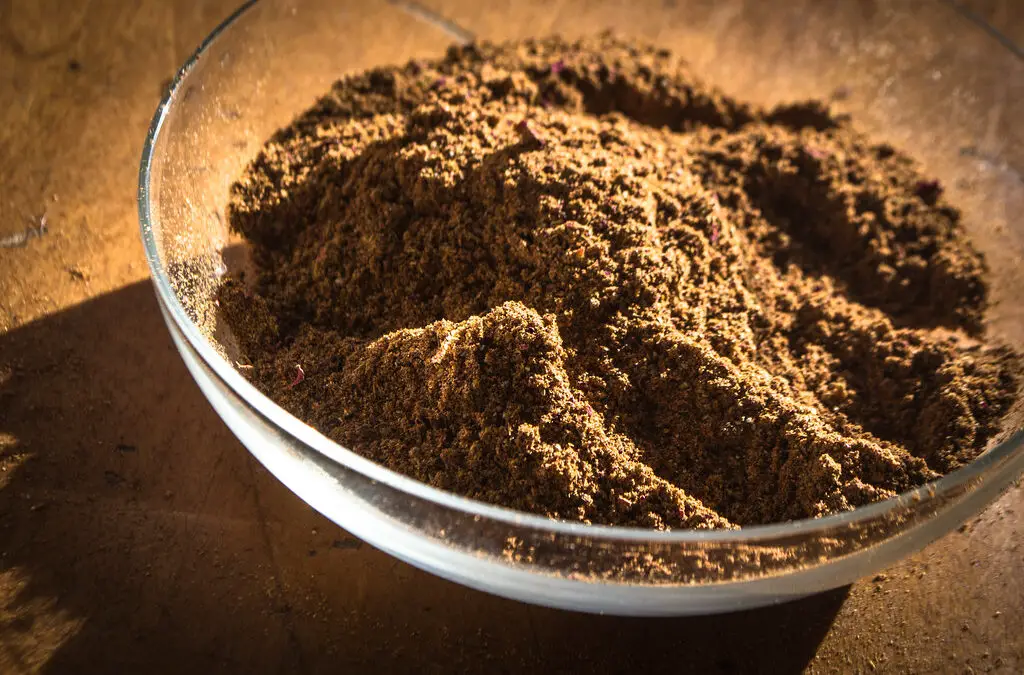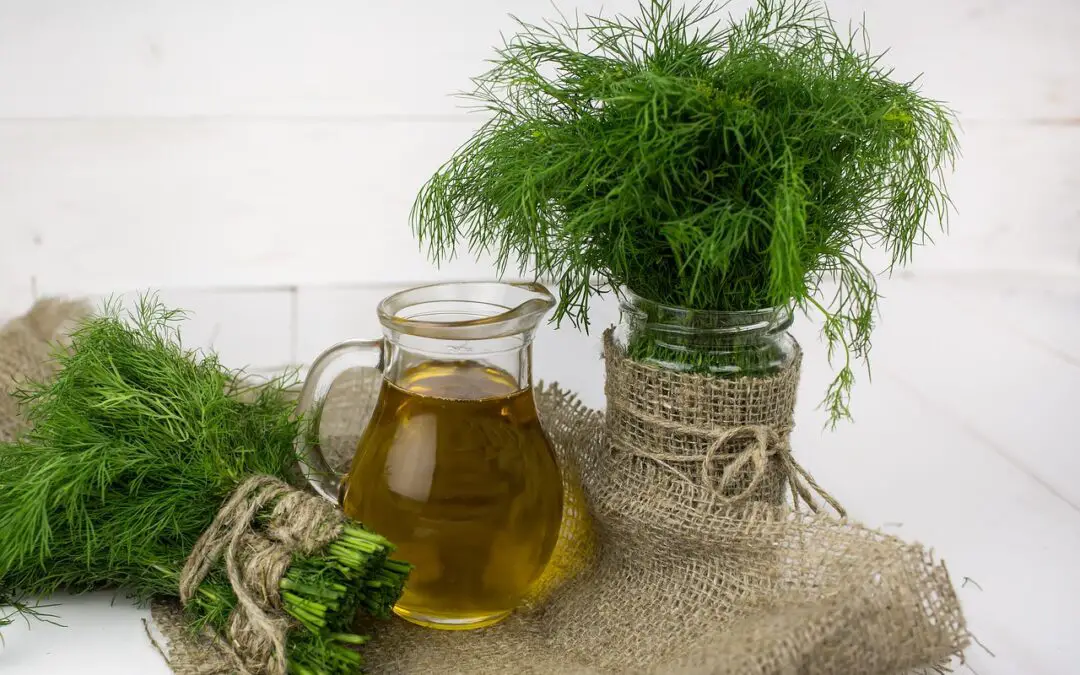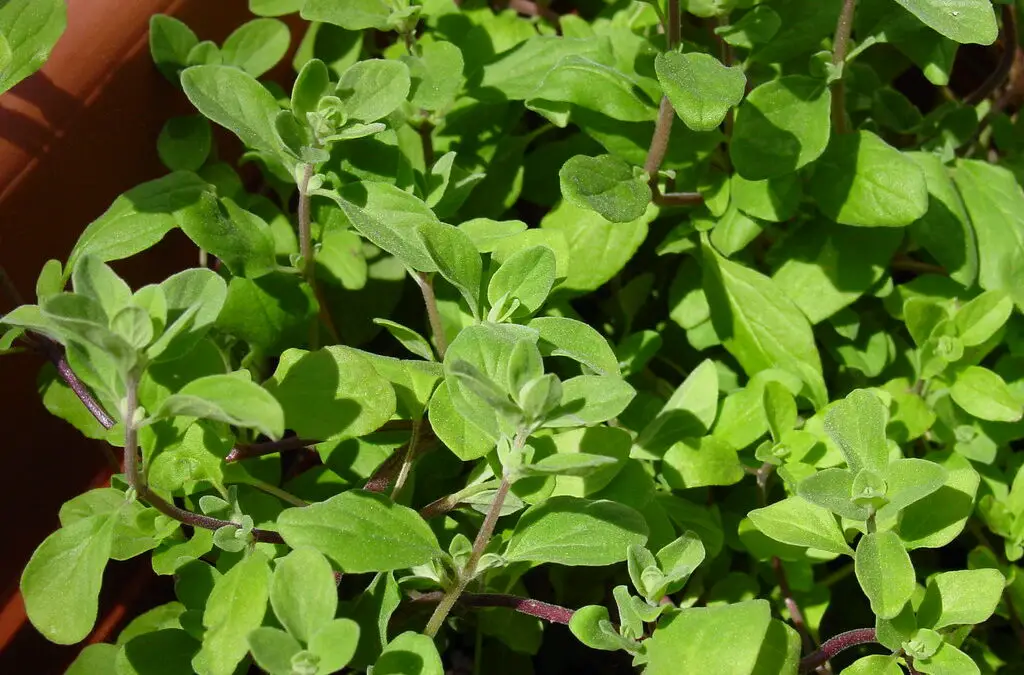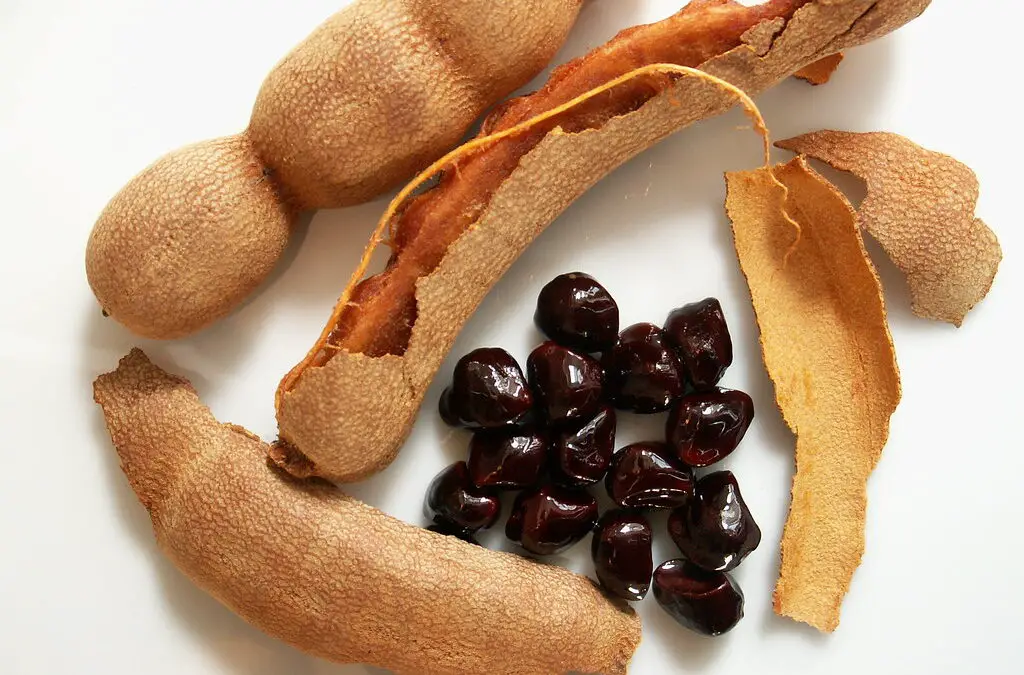Anise seeds have been used for centuries as a culinary spice and in traditional medicine. These small, oval-shaped seeds come from the anise plant, which is native to the eastern Mediterranean region and Southwest Asia. Anise seeds have a distinct licorice-like flavor and aroma and are commonly used in baked goods, teas, and liqueurs.
Anise seeds have a long history of use in traditional medicine for their potential health benefits. They contain compounds such as anethole, which is believed to have anti-inflammatory and antioxidant properties. Anise seeds have been used to treat a variety of ailments, including digestive issues, coughs, and menstrual cramps. However, more research is needed to fully understand the potential health benefits of anise seeds.
What are Anise Seeds?
Anise seeds, derived from the anise plant (Pimpinella anisum), are small, brownish-gray seeds renowned for their distinct flavor and aroma. Originating from the eastern Mediterranean region and Southwest Asia, this plant has a rich history spanning millennia, valued for both its medicinal properties and its culinary applications.
With a unique licorice-like flavor, anise seeds are frequently employed in culinary applications, especially in the realm of baking and desserts. They are also used to flavor alcoholic beverages, such as absinthe and ouzo.
In addition to their culinary uses, anise seeds have been used for their medicinal properties. They contain anethole, a compound that has been shown to have anti-inflammatory, antibacterial, and antifungal properties. Anise seeds have been used to treat a variety of ailments, including coughs, indigestion, and menstrual cramps.
Anise seeds are also a good source of vitamins and minerals. They are particularly high in iron, calcium, and magnesium, and are a good source of vitamin C.
Overall, anise seeds are versatile and flavorful ingredient that has been used for centuries for both culinary and medicinal purposes.
Culinary Uses
Baking
Anise seeds are a popular ingredient in baking. They can be used to add a sweet, licorice-like flavor to bread, cakes, cookies, and pastries. Anise seeds are often used in biscotti and pizzelle cookies, as well as in traditional German and Scandinavian Christmas breads.
Cooking
In addition to baking, anise seeds can be used in a variety of savory dishes. They are often used to flavor soups, stews, and sauces. Anise seeds pair well with pork, chicken, and fish, and can be used to add a unique flavor to marinades and rubs. They are also a common ingredient in Indian and Middle Eastern cuisine.
Beverages
Anise seeds are a popular ingredient in a variety of beverages. They are often used to flavor liqueurs, such as absinthe, ouzo, and anisette. Anise seeds can also be used to make tea, which is said to have a calming effect and aid in digestion. In some cultures, anise-flavored drinks are consumed after meals as a digestive aid.
Anise seeds can be used in a variety of ways in the kitchen, making them a versatile ingredient for both sweet and savory dishes. When using anise seeds, it is important to use them in moderation, as their strong flavor can easily overpower other ingredients.
Health Benefits
Anise seeds have been used for centuries for their medicinal properties. They contain several essential nutrients, including vitamins, minerals, and antioxidants, which make them a healthy addition to any diet. In this section, we will discuss the various health benefits of anise seeds.
Digestive Health
Anise seeds have been used as a digestive aid for centuries. They contain compounds that help to stimulate the production of digestive enzymes, which can help to improve digestion. Anise seeds can also help to relieve digestive issues such as bloating, gas, and constipation. They are also effective in treating digestive disorders such as irritable bowel syndrome (IBS).
Respiratory Health
Anise seeds are known for their ability to improve respiratory health. They contain compounds that help to loosen mucus in the lungs, making it easier to breathe. Anise seeds can also help to relieve coughing and sore throats. They are effective in treating respiratory conditions such as asthma and bronchitis.
Oral Health
Anise seeds have been used for centuries to improve oral health. They contain compounds that help to kill bacteria in the mouth, which can help to prevent tooth decay and gum disease. Anise seeds can also help to freshen your breath and relieve toothaches.
In conclusion, anise seeds offer several health benefits, including improved digestive health, respiratory health, and oral health. They are a healthy addition to any diet and can be consumed in various forms, including teas, tinctures, and capsules.
How to Store Anise Seeds
Anise seeds are a popular spice used in many different cuisines around the world. Proper storage of anise seeds is important to maintain their flavor and aroma for longer periods of time. Here are some tips on how to store anise seeds:
- Store anise seeds in an airtight container: Anise seeds should be stored in an airtight container to prevent moisture and air from entering. This will help to maintain their flavor and aroma for longer periods of time. A glass jar with a tight-fitting lid or a plastic container with a snap-on lid are good options.
- Keep anise seeds in a cool, dry place: Anise seeds should be stored in a cool, dry place away from direct sunlight. To preserve the flavor and aroma of anise seeds, it’s crucial to shield them from heat and light. Optimal storage can be achieved by keeping them in a pantry or cupboard.
- Avoid storing anise seeds in the refrigerator or freezer: Anise seeds should not be stored in the refrigerator or freezer as this can cause condensation to form inside the container, which can lead to mold growth and loss of flavor.
- Use anise seeds within six months: Anise seeds are best used within six months of purchase as they begin to lose their flavor and aroma over time. If you have a large number of anise seeds, consider storing them in smaller containers to use as needed.
By following these simple storage tips, you can ensure that your anise seeds stay fresh and flavorful for longer periods of time.
Conclusion
Anise seeds have been used for centuries for their medicinal and culinary properties. They have a distinct licorice-like flavor and aroma that make them a popular spice in many dishes, particularly in Mediterranean and Middle Eastern cuisine.
Anise seeds are a good source of fiber, iron, and calcium, and they contain compounds that have been shown to have anti-inflammatory, antioxidant, and antimicrobial properties. Historically, anise seeds have been utilized to address an assortment of health concerns, such as digestive disorders, respiratory ailments, and menstrual cramps.
While anise seeds are generally considered safe, they may cause allergic reactions in some people, and they can interact with certain medications. It is always important to consult with a healthcare provider before using any herbal remedies.
Overall, anise seeds are a flavorful and nutritious addition to any diet. Whether you are using them to add flavor to your favorite dishes or to reap their potential health benefits, anise seeds are versatile spice that can be enjoyed in many different ways.

